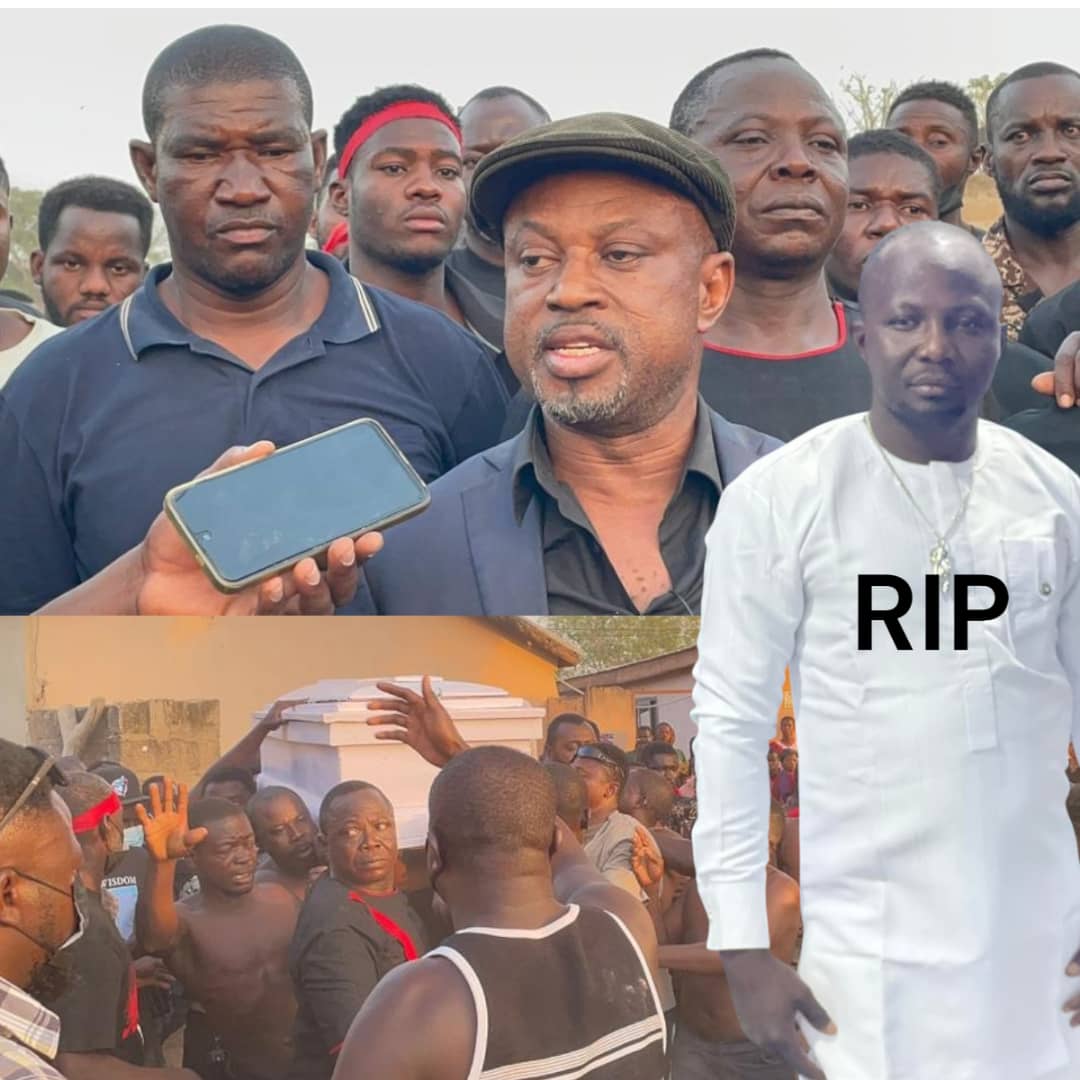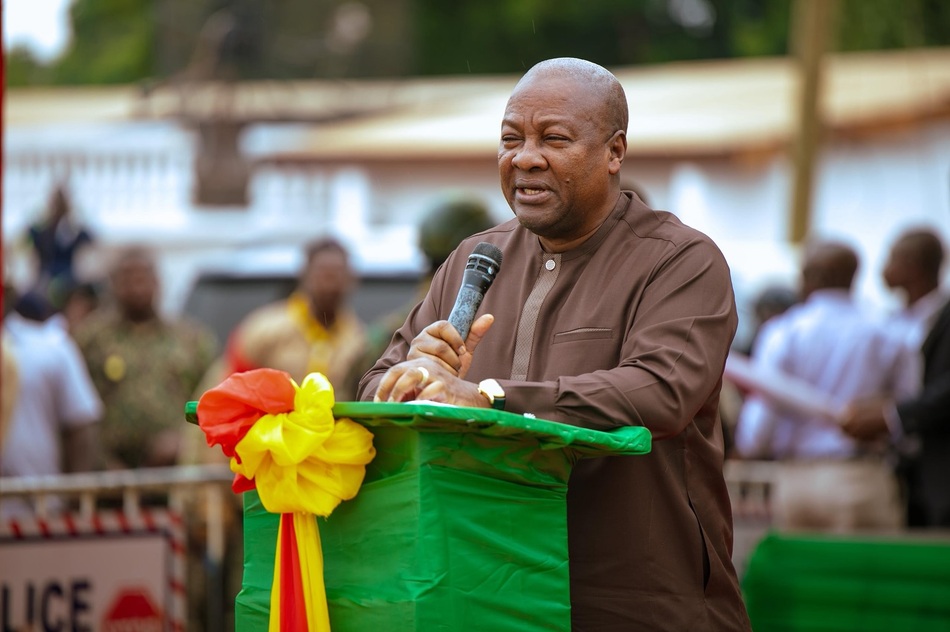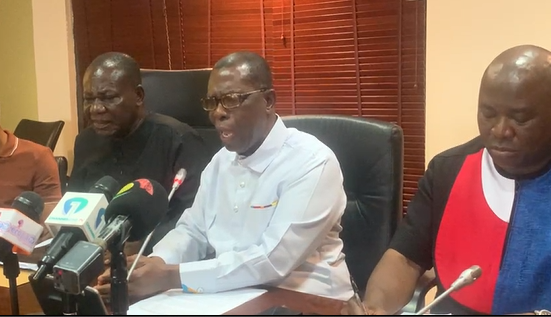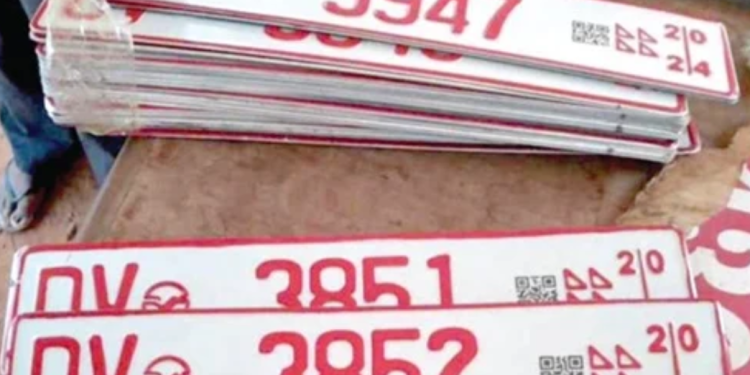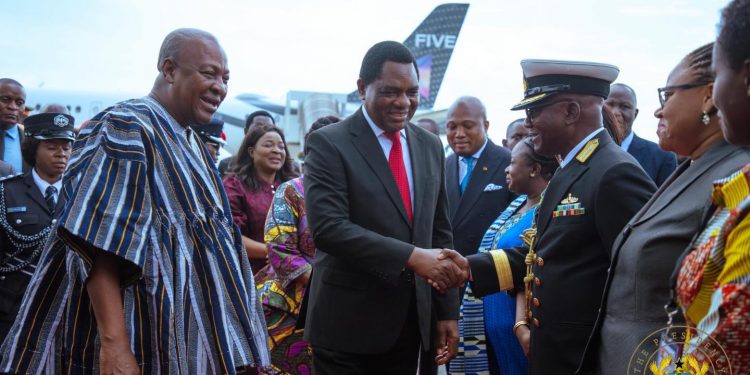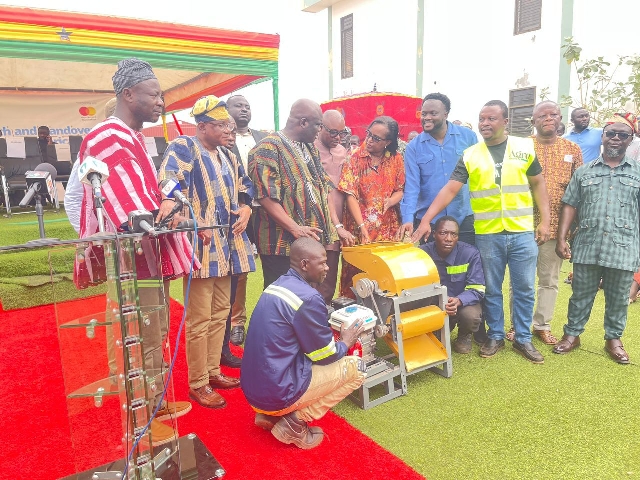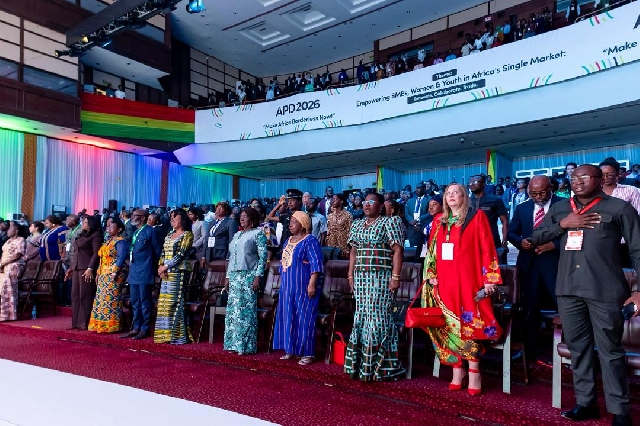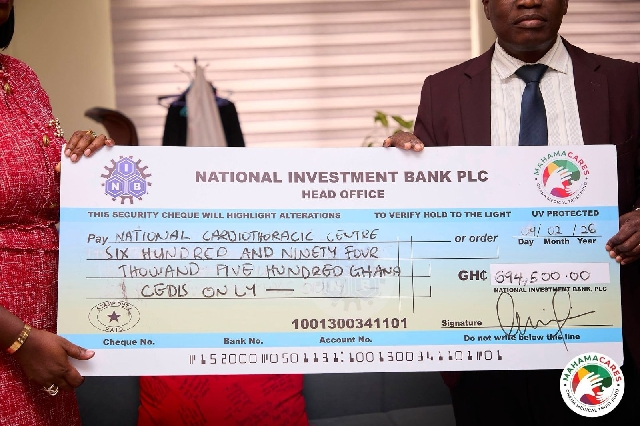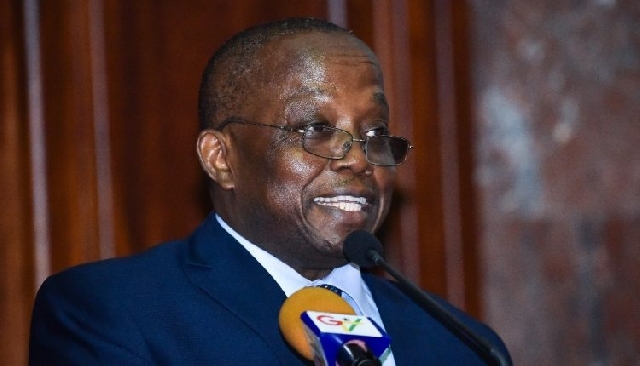Former Auditor-General Daniel Domelevo has suggested there be an independent audit of all COVID-19 expenses made by the government.
The anti-graft campaigner today, Wednesday, 13 October 2021, delivered a lecture at the Ghana Institute of Management and Public Administration (GIMPA) at which he noted that although the government has good intentions of protecting the citizens, some individuals may have taken advantage of the situation to stash their pockets with COVID funds in the heat of the fight against the pandemic.
Responding to a question asked by Class91.3FM’s Blessed Sogah, Mr Domelevo said: “COVID actually provided grounds for a lot of expenditure in the public sector and Ghana is not alone, it is all over the world; there have been quick mobilisation of public resources to address the challenges posed by COVID and in the process, people also have found ways of funding their personal economic recovery programmes at the expense of the public”.
He said: “I’ll recommend that we do what we refer to as value-for-money or performance audit to arrive at or to determine how our resources were used; if they were used for the intended purposes, what are some of the challenges and what are the recommendations or business continuity plan so that in case another disaster or pandemic happens – perish my thoughts; I’m not saying we should expect another one but just in case another should happen – we’ll know how to address it and be more transparent and accountable so that we do not panic and just do anything”.
“The sad part of it is that, at times the government has a very good intention because you want to protect life and property or lives of Ghanaians or citizens, you may relax and not comply with some of the rules and at the same time, remain accused of abusing our resources”, he noted.
He noted: “It is good we have a second look at our laws on procurement, we look at our laws on financial management to see in cases of such developments, how quickly can funds be made available, what type of procurement can be done and what are the accountability mechanisms that must be in place”.
“I’m aware there is a trust fund which was set up and it provides for some of those. It is good to test it against what happened to see whether there was full compliance. If there was no compliance, what made it impossible or difficult for it to be complied with”, Mr Domelevo said.
The Ministry of Finance, in March this year, debunked media reports that claimed that the government spent GH¢1.7 billion on the COVID-19 pandemic, even though the government says it spent GH¢19 billion.
The Ministry, in a statement, said GH¢1.7 billion reflects expenditures on only two items under the COVID-19 related expenditures, namely, COVID-19 Alleviation Programme 1 (CAP1) and Emergency Preparedness and Response Plan 1.
It said other COVID-19 expenditures were COVID-19 Alleviation Programme 2 (CAP2), COVID-19 Preparedness Plan 2, Provision of Health Infrastructure, Seed Fund for Capitalisation of Development Bank, among others.
As of end-December 2020, the ministry said Ghana incurred a revenue shortfall of GH¢11,942.7 million and expenditure increase of GH¢14,074.2 million in relation to their respective targets in the 2020 budget passed in Parliament in November 2019.
It said the amount of GH¢16.8 billion referred to in Appendix 12B only provided information on sources of financing the fiscal gap resulting from the COVID-19 pandemic.
These monies were sourced from the IMF (GH¢5,853 million), AfDB (GH¢405.7 million), EU (GH¢504 million), and BOG COVID-19 Bonds (GH¢10,000 million), among others. For the avoidance of doubt, Appendix 2A of the 2021 Budget Statement indicates that total financing for 2020 was GH¢44,897.9 million and not GH¢16,460.4 million.
The Ministry also noted that media reports that suggested that the government announced that the COVID-19 levy was to be utilised in paying for free water and electricity of 2020 was incorrect.
The statement said the Minister of Information’s comment to the effect that COVID-19 expenses include water and electricity, ought not to be misconstrued to mean the new taxes of 2021 are a direct charge for those services.
The details of the usage of funds from the COVID-19 levy are listed on Page 75 of the 2021 budget as follows:
Procurement, distribution and administration of vaccines ‒ the first batch of 600,000 doses from the COVAX Facility have already been delivered and an additional 17,600,000 vaccine doses to be delivered by June, with more to come in the course of the year. As of Wednesday 10th March 2021, over 262,335 Ghanaians received the first dose of the vaccines; Establishment of fourteen (14) medical waste treatment facilities across the country for safe disposal of medical waste in collaboration with the private sector; Thirty-three (33) major health projects approved for implementation at a cost of €890 million; To date, 14,600,000 pieces of personal protective equipment produced domestically and distributed to health workers, students, teaching and non-teaching staff of tertiary and secondary educational institutions; Fumigation and disinfection of public places including, airports, markets, schools, hospitals, offices etc.; Agenda 111 ‒ the construction of 100-bed District Hospitals in 101 Districts with no hospitals, seven (7) Regional Hospitals for the new Regions, including one for the Western Region, the construction of two (2) new psychiatric hospitals for the Middle and Northern Belts, respectively, and the rehabilitation of Effia-Nkwanta Hospital in the Western Region; and The need to recruit more health care professionals, in addition to the 100,000 recruited in the first term of the President.
—classfm
Apexnewsgh.com/Ghana/Ngamegbulam Chidozie Stephen

